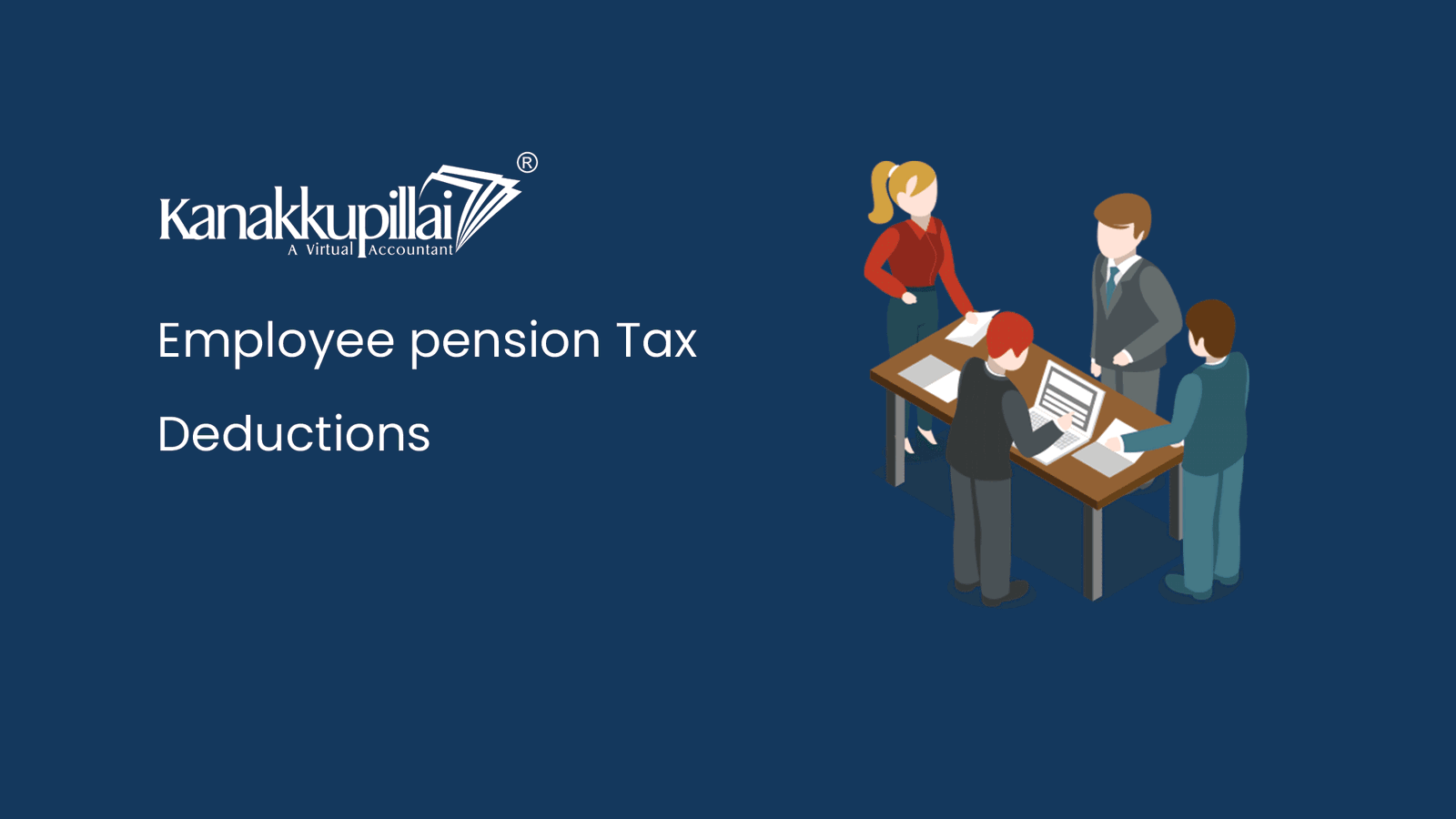Last Updated on July 28, 2025
The pension is a scheme that would be provided for taxpayers who have retired from their service. The pension would also be taxable under the circumstances of the salaries. Here, we will simplify the Employee pension tax Deductions. Please read it thoroughly to avoid falling victim to the scam.
Varieties of Pension Plans
Before getting into the tax and deductions, you should know the multiple streams of pensions and their benefits.
Commuted Pension
In this methodology, the taxpayer will be given the entire amount in a single due. This commuted pension is well-suited for government employees. In a few cases, it would also apply to the employees of the private sector. This commuted pension would be used for the employee’s savings and the development of their family.
Uncommuted Pension
In simple, the uncommuted pension is just like the salary which you get on a monthly basis. Periodical distribution will be taxable under the head called “Salary”. An uncommuted retirement is beneficial for the recipient, as they can plan their monthly income more effectively. This uncommuted pension is applicable for both the private and government sectors.
Standard Deduction
The standard deduction was introduced based on the Finance Act, 2018. Every year, a variable amount would be deducted from the pensioner’s pension, which would be provided as reimbursement for medical and transport.
Types of Deduction
- Deduction u/s 80 C
- Deduction u/s 80 TTB
- Deduction u/s 80 DDB
- Deduction u/s 80 D
Deductions under Section 80C are well-known for life insurance, superannuation funds, tuition fees remitted to educate children, property funds, etc. The foremost financial Act of 2018 introduced a new sector Deduction under u/s 80 TTB. This deduction is specially meant for senior citizens, and the amount of deduction would be around Rs. 50,000 per year. Deduction under u/s 80 DDB will be helpful for the hospital claims, and the deduction would vary from Rs. 40,000 to Rs. 80,000. The taxpayer’s age determines the variation in deduction. In the way of ensuring family, self, and spouse, deduction u/s 80 D allows claiming a sum of Rs. 25,000 in annual.





